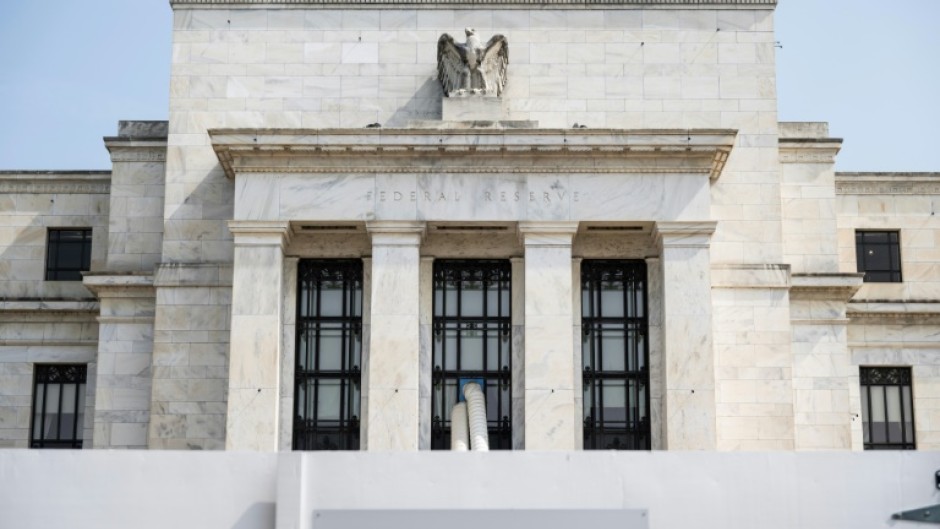WASHINGTON - The US Federal Reserve is likely to keep interest rates unchanged this week, but could pare back the number of cuts it has penciled in for this year, as policymakers digest a mixed bag of economic data.
Stalled progress against inflation and a robust labor market have pushed many analysts to predict that the rate-setting Federal Open Market Committee (FOMC) will not cut interest rates from their current 23-year high before September at the earliest.
A September start to cuts would likely increase the gap between the Fed and the European Central Bank (ECB), which began easing monetary policy rates last week.
"Data released since the last meeting indicate that the threat of price re-acceleration due to strong economic activity has diminished somewhat," Wells Fargo economists wrote in a recent note to clients.
"However, we share the universal expectation that the FOMC will keep its target range for the federal funds rate unchanged at 5.25%-5.50% at the conclusion of its policy meeting on June 12," they said.
After two days of debate, the Fed will publish its interest rate decision on Wednesday afternoon and will also update its economic forecasts from March.
Most analysts expect the data since March will cause the FOMC's 19 members to lower the number of cuts they expect this year, bringing the median number down from three to two.
"At the June FOMC meeting, we see the Fed revising its outlook in favor of slower growth and firmer inflation," Bank of America economists wrote in an investor note published Friday.
"It should project two rate cuts this year and a cutting cycle that begins in September," they said, adding that the FOMC would likely need to see more evidence of disinflation before beginning to cut interest rates.
Fed chair Jerome Powell has repeatedly insisted that the Fed is "data-dependent" and will not be swayed by politics.
Nevertheless, a September start to rate cuts would thrust the Fed into the middle of a fractious presidential campaign between President Joe Biden and his Republican opponent, Donald Trump, who has previously questioned the US central bank's independence.

